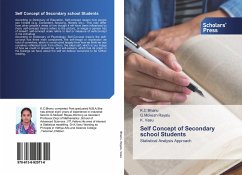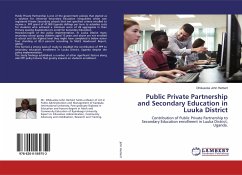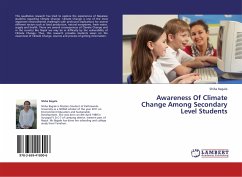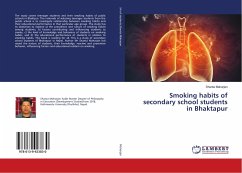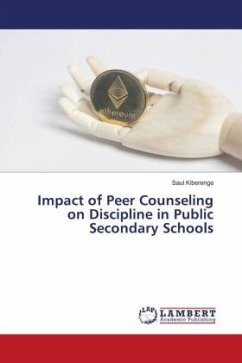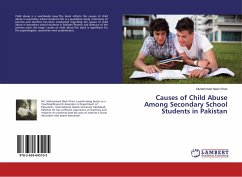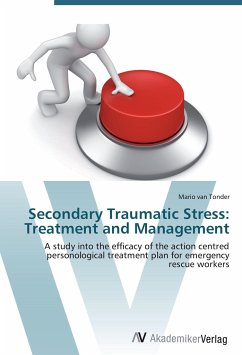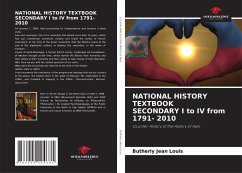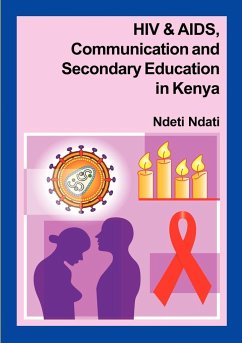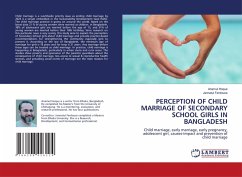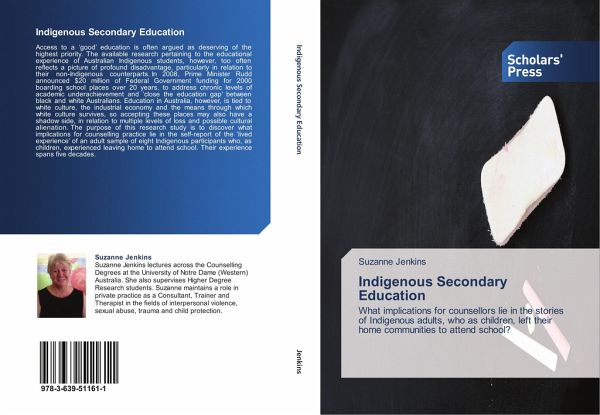
Indigenous Secondary Education
What implications for counsellors lie in the stories of Indigenous adults, who as children, left their home communities to attend school?
Versandkostenfrei!
Versandfertig in 6-10 Tagen
69,99 €
inkl. MwSt.

PAYBACK Punkte
35 °P sammeln!
Access to a good education is often argued as deserving of the highest priority. The available research pertaining to the educational experience of Australian Indigenous students, however, too often reflects a picture of profound disadvantage, particularly in relation to their non-Indigenous counterparts. In 2008, Prime Minister Rudd announced $20 million of Federal Government funding for 2000 boarding school places over 20 years, to address chronic levels of academic underachievement and close the education gap between black and white Australians. Education in Australia, however, is tied to w...
Access to a good education is often argued as deserving of the highest priority. The available research pertaining to the educational experience of Australian Indigenous students, however, too often reflects a picture of profound disadvantage, particularly in relation to their non-Indigenous counterparts. In 2008, Prime Minister Rudd announced $20 million of Federal Government funding for 2000 boarding school places over 20 years, to address chronic levels of academic underachievement and close the education gap between black and white Australians. Education in Australia, however, is tied to white culture, the industrial economy and the means through which white culture survives, so accepting these places may also have a shadow side, in relation to multiple levels of loss and possible cultural alienation. The purpose of this research study is to discover what implications for counselling practice lie in the self-report of the lived experience of an adult sample of eight Indigenous participants who, as children, experienced leaving home to attend school. Their experience spans five decades.



